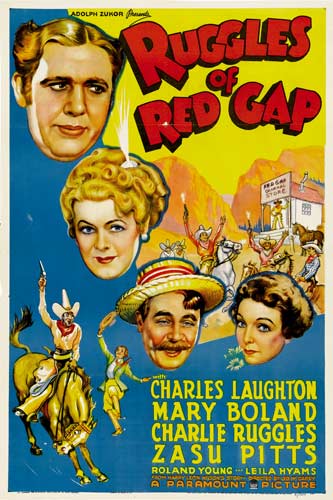Reading Writing Grading
 Reading several M.A. thesis drafts has put me in a prickly mood about the quality of student writing. But now I can junk the “Track Changes” feature, since automated editing software can replace my nitpicking, surgery, and triage. Ed X, a nonprofit online education site founded by Harvard and MIT, plans to “make its automated software available free on the Web.”
Reading several M.A. thesis drafts has put me in a prickly mood about the quality of student writing. But now I can junk the “Track Changes” feature, since automated editing software can replace my nitpicking, surgery, and triage. Ed X, a nonprofit online education site founded by Harvard and MIT, plans to “make its automated software available free on the Web.”
David Lebedoff, who wrote what appears to be a fascinating comparison of George Orwell and Evelyn Waugh, fears this device might yield this correction of the Gettysburg Address. (See the comment by “Madwoman” at 10:34 a.m. Saturday, who reports pedagogic malpractice by a teacher who relied on a computer program and marked down a student for errors in a quoted passage. )
Would such a world appreciate William Zinsser, so beautifully profiled here, now 90, blind, and still teaching? Do students make any sense of On Writing Well?
So I am skeptical when people hail the onset of MOOCs as presaging the demise of the current higher education establishment. The online world has its own temptations. The writing problem reflects a reading problem. Students read all kinds of things, quickly.
Without hesitation we quickly resort to google rather than visit the library. Sources in student papers might be all online, with books scorned because their contents can’t always be consumed for free on a computer screen. Yet papers in professional journals are often intellectually inaccessible for even advanced students, while sophisticated books can inform both specialist and a serious general reader.
I see the deterioration all about me. One graduate student, by no means a person of limited intellect, boasted of not using a single book in his M.A. thesis—which of course he had to revise heavily. My 9th-grade daughter, who has two A.P. classes, couldn’t believe that my 8th grade history paper used (as required) several books as sources. No google either. Its multi-page length (albeit handwritten) further astonished her. It’s a different world now.
All these innovations obscure the fundamental problem concerning reading and writing. The culture that made even the unlettered appreciate, for example, the Gettysburg Address is fading, though it might even yet be recovered. In a two and a half minute speech Lincoln encapsulated in poetry the history of western civilization and America’s place in it, drawing on the language of the Declaration of Independence and the 90th Psalm (King James translation).
Whether using Euclidean science (“the proposition” of human equality) or biblical revelation (“a new birth” of freedom) America is the exceptional nation of human history. Crisis of the House Divided, by 95-year old Harry Jaffa, remains the great guide to understanding the Gettysburg Address, and it is available online here. Lebedoff can use the Gettysburg Address to make his point about grading software because he assumes a heritage—one that we no longer teach.

